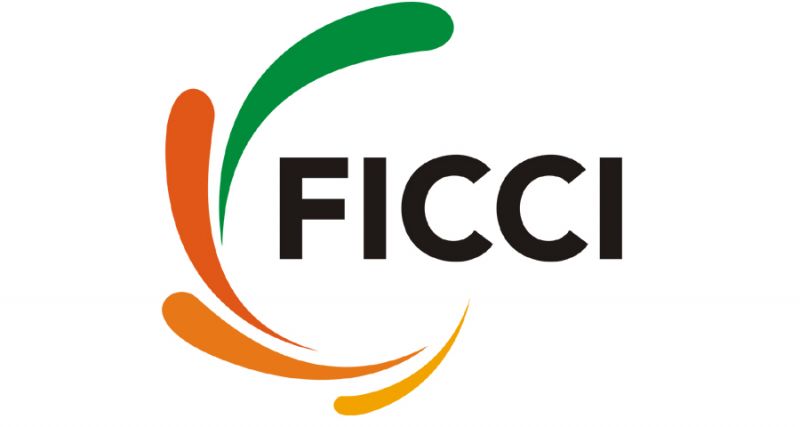New Delhi: A quarterly survey by industry body FICCI portrays a better outlook for the manufacturing sector with 54 percent of respondents reporting higher production from October to December quarter of 2018-19 compared to 47 in the same quarter of the previous year.
The percentage of respondents reporting low production was only 13.5 percent in Q3 2018-19 as compared to 15 percent in Q3 of 2017-18.
Similarly, 70 percent of respondents mentioned that they were not likely to hire an additional workforce in Q3 of 2017-18. This percentage has come down to 65 percent for Q3 of 2018-19. Going forward it is expected that the hiring scenario will improve further, noted the survey.
FICCI’s latest quarterly survey assessed the sentiments of manufacturers for 11 major sectors namely automotive, capital goods, cement and ceramics, chemicals, fertilizers and pharmaceuticals, electronics and electricals, leather and footwear, metal and metal products, paper products, textiles, textile machinery and tyre.
The responses were drawn from over 300 manufacturing units from both large and SME segments with a combined annual turnover of over Rs 2.2 lakh crore.
In terms of order books, 43 percent of the respondents in October to December 2018 are expecting a higher number of orders against 42 per cent in October to December 2017.
The outlook for exports is somewhat stable with 36 per cent of participants expecting a rise in exports for Q3 2018-19 and 32 percent expecting exports to continue on the same path as that of the same quarter last year.
Rupee depreciation has not led to any significant increase in exports as 78 per cent of the respondents reported that the exports were not affected much by rupee depreciation. This shows other global factors are restricting India’s growth in exports.
However, the overall capacity utilisation in manufacturing remains low at 75 percent in Q3 2018-19.
High raw material prices, the high cost of finance, an uncertainty of demand, shortage of skilled labour, high imports, the requirement of technology upgradation, excess capacities, delay in disbursements of state and central subsidies are some of the major constraints which are affecting expansion plans of the respondents.
[source_without_link]ANI[/source_without_link]

